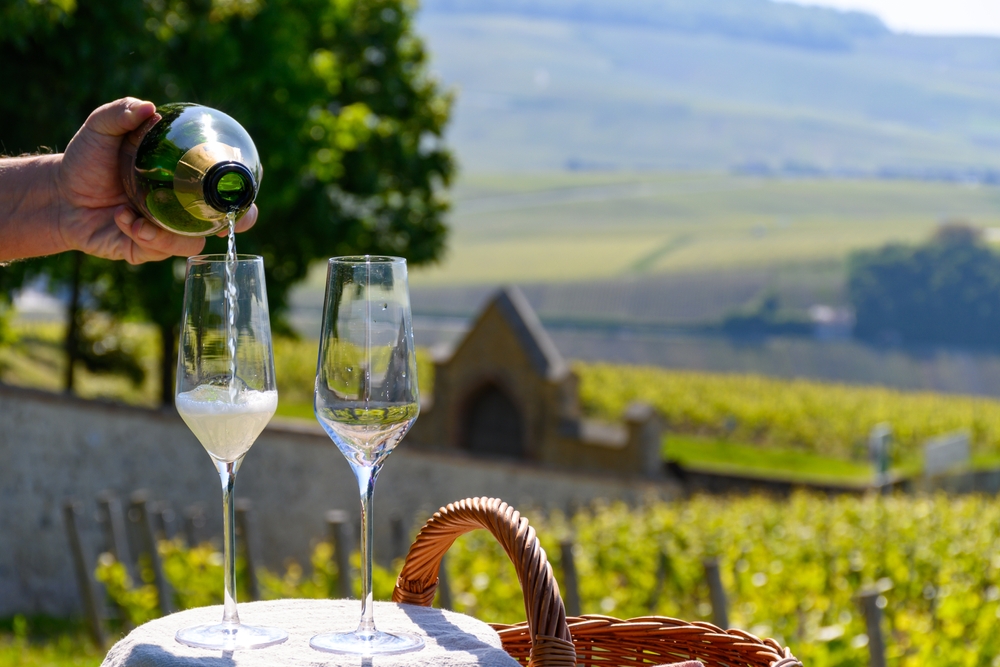ClimateAi uses AI to model climate change impacts and says that by 2050 the grapes that produce Champagne will be extinct in the region.
While sparkling wine is produced around the world, the most famous bubbly comes from the Champagne region in France. As weather patterns change it may not be viable to keep producing good-quality Champagne in the region.
ClimateAi has built what it calls a “climate resilience platform” which uses artificial intelligence to take short and long-term views on the impact we can expect climate change to have on businesses.
The reason behind the superior quality of Champagne is that the flavors of the grapes are enhanced by warm sunny days, while the acidic crispness comes from the cool nights. ClimateAi’s model says those cool night conditions will be a thing of the past in a few decades.
In an interview with Fox News Will Kletter, ClimateAi’s vice president of operations and strategy, said, “If you are a consumer who has a very particular preference for a bottle of wine from a certain region, then I would encourage you to enjoy that now.”
Kletter says that growers of champagne-making grapes like Pinot Noir, Chardonnay, and Merlot, will be forced to move their production north to cooler regions.
Regardless of the arguments behind the causes, climate change is a reality and will dramatically change a number of industries, especially agriculture.
ClimateAi’s ClimateLens platform “combines AI, advanced machine learning, and data points from multiple sources to generate actionable insights.”
The platform can provide forecasts on a timescale of 1 to 6 months so companies can make informed operational decisions. The model can also identify risks and opportunities in supply chains caused by future climate scenarios on a timescale of 10 years or longer.
Many people consider AI to be a trend, but as ClimateAi CEO @guptah21 said at the recent @FT Moral Money summit, “If you’re using AI to solve an existing problem, rather than creating a problem for your cool AI tool to solve, you will make a difference.” #ClimateAi #AI pic.twitter.com/0lqVErhgBh
— ClimateAi (@climateai) October 31, 2023
AI has been criticised for its carbon emissions but applications like these show that it can also help industries and society to be better prepared for future climate change. Beyond your favorite tipple, solutions like ClimateLense could have a big impact on food security.
Kletter said, “Despite being in the business of climate risk … we like to think of ourselves as being optimistic because we provide tools to folks all over the world who are tackling these challenges head-on.”
If ClimateAi’s models are correct, then the quality of bubbly from Champagne may be as good now as it’s likely to get.
Fortunately, the changes in regional climates mean that these grapes will likely thrive in areas they weren’t able to before. The best sparkling wine of the future may no longer come from Champagne.





